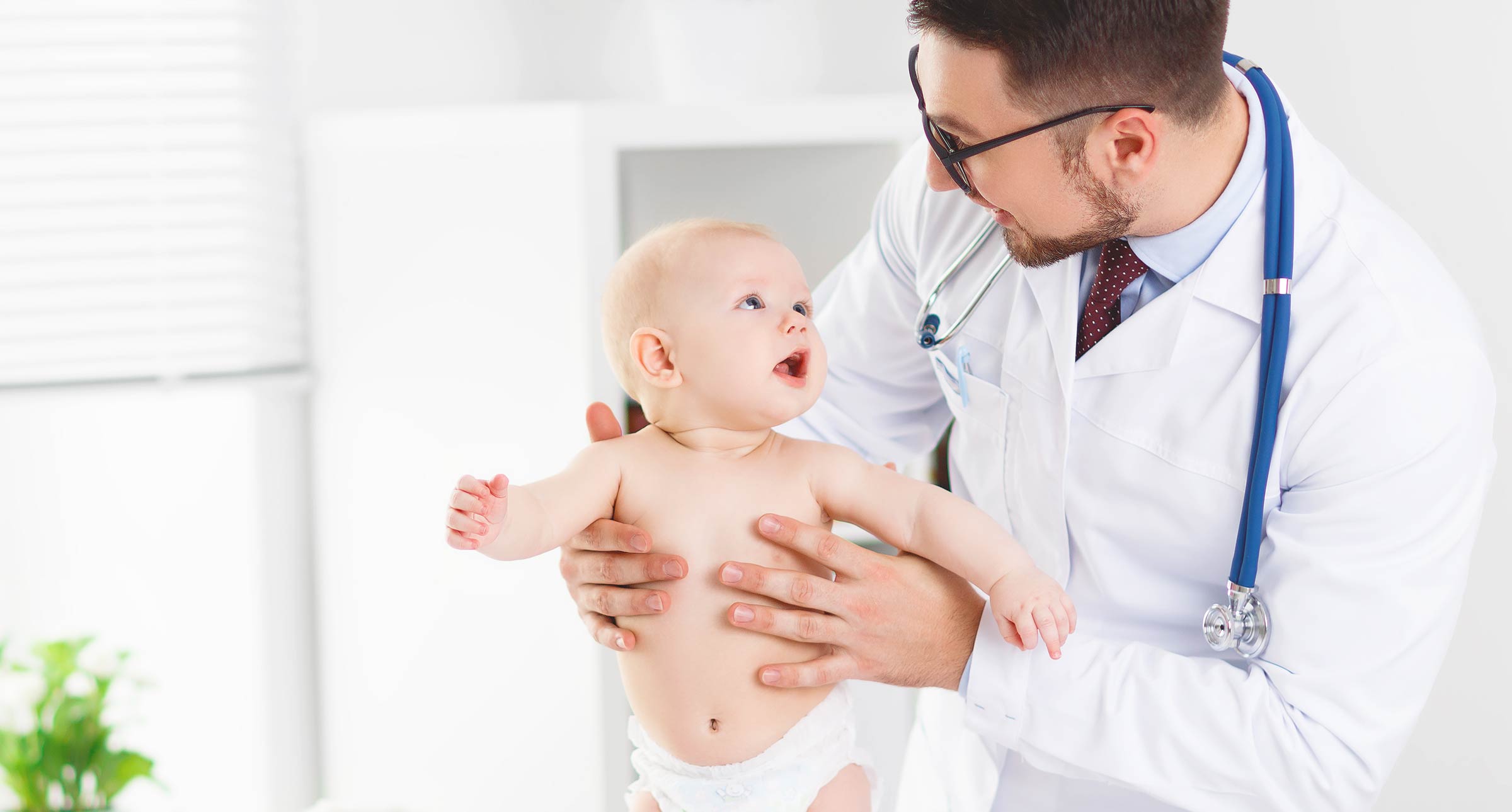Is this baby acne on the face, and what do I do?
Baby acne on the face is prevalent in the newborn period. This baby rash usually occurs at a few weeks of age and presents a baby face rash with small bumps on the cheeks, nose, or chin. At times this baby rash can be a little more widespread- affecting the forehead and even chest. As bothersome as the rash may be, it usually isn’t “angry” looking- there is rarely any redness and should never have any swelling, crusting, or puss.
What causes baby acne?
We don’t know why babies get this rash. It used to be thought that it was from mom’s hormones passing through to the baby, but recent data shows that this may not be the cause, and this baby rash may just be from the baby’s skin bacteria and yeast.
How long does baby acne last?
Most cases of baby acne fade away within the first month or two of life.
How to get rid of baby acne
There are a few different treatment options.
1. Do nothing! It will likely go away on its own.
2. If the rash is very bothersome, your doctor can recommend some over-the-counter or prescription creams to speed up the process.
#YouGotThis





































